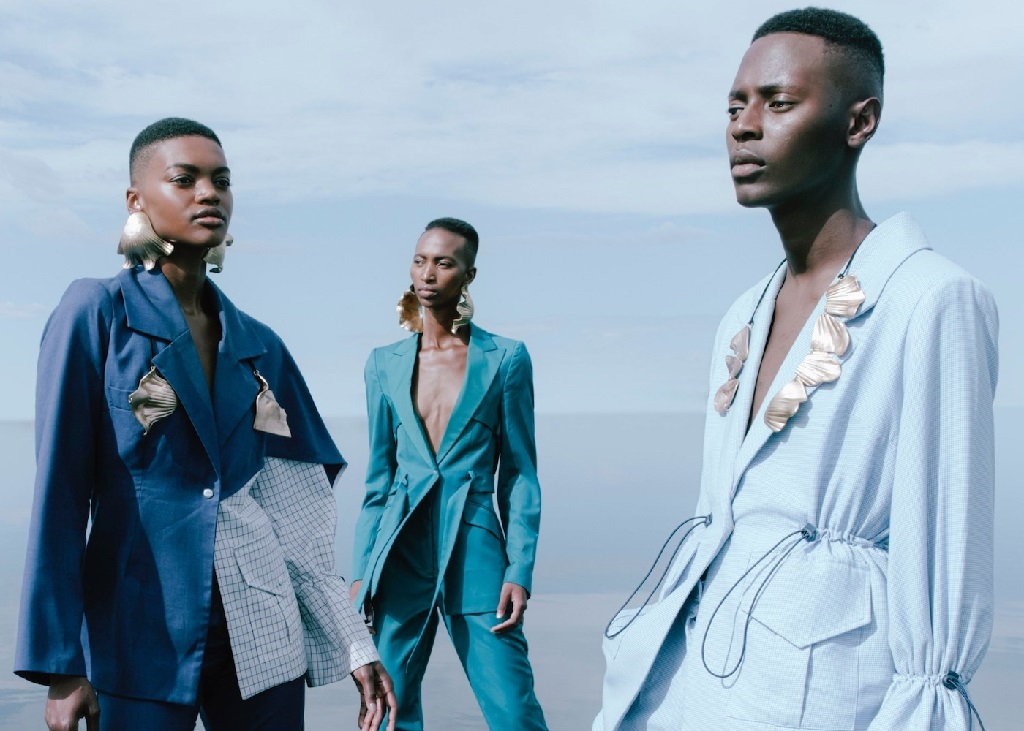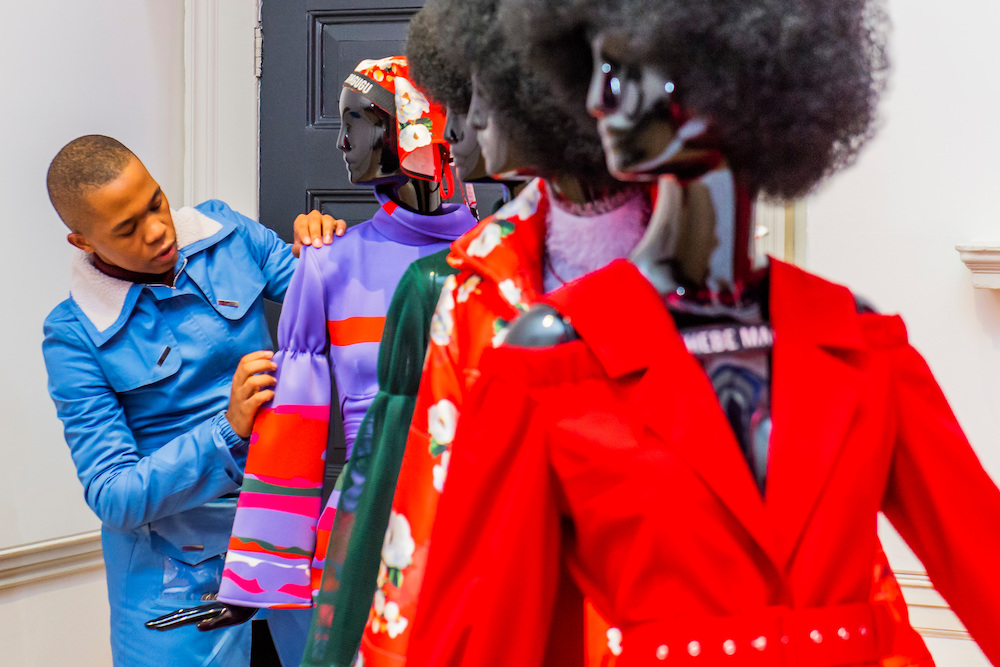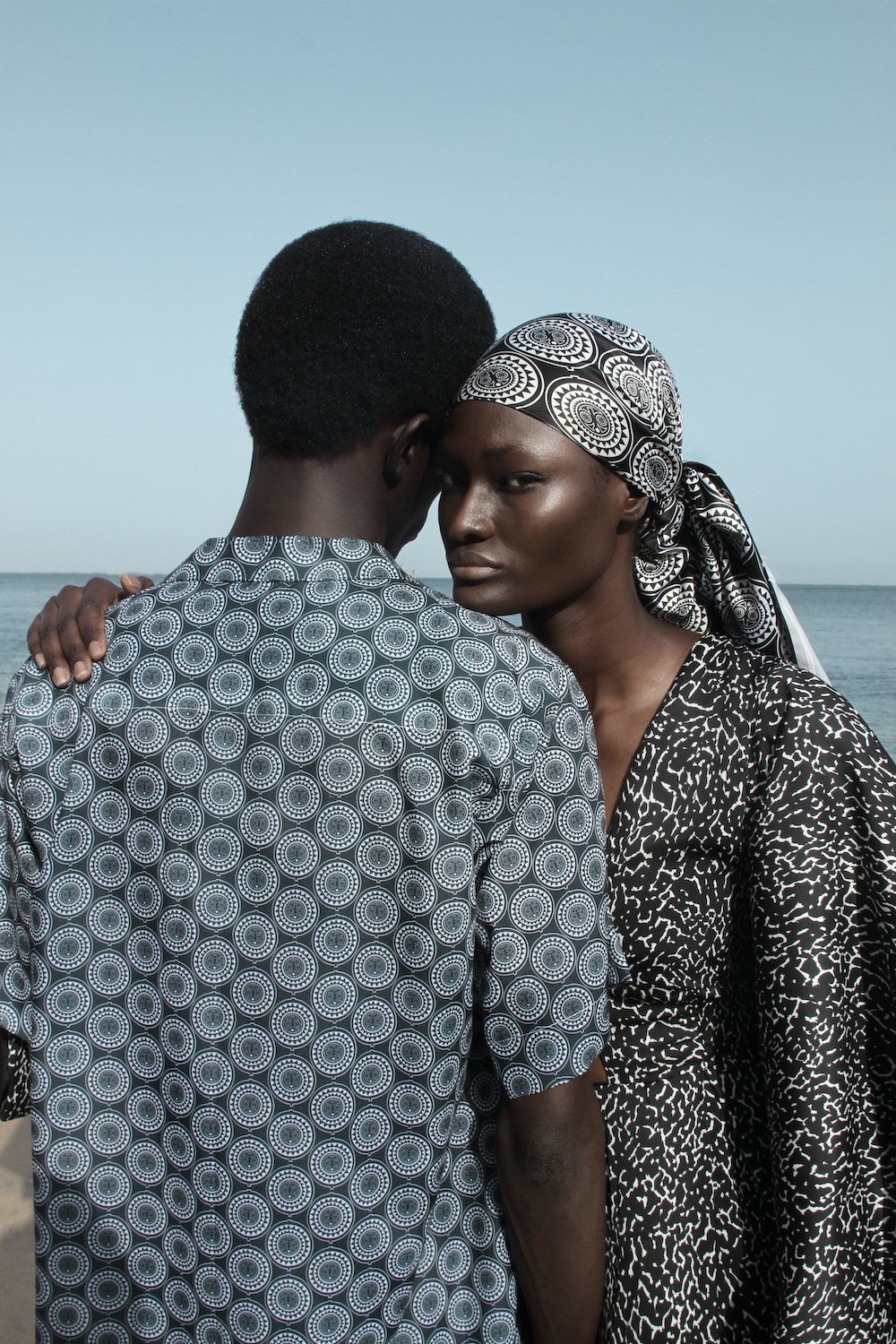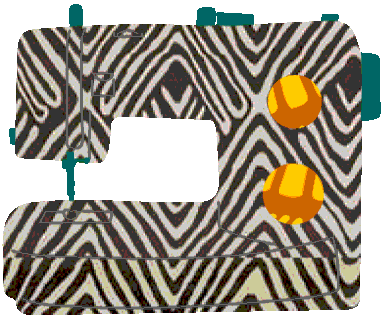African Fashion: The New Frontier for Luxury
The world’s attention has shifted to Africa as the new destination for luxury. As the second fastest developing economy only behind the Middle East, Africa has seen an increase in the wealth of its population, nourishing an interest in finer things of life and a subsequent inclination towards luxury fashion brands. In this article, we explore Africa as a frontier for luxury, the drivers behind its purchasing behaviors, and how African luxury fashion is likely to evolve given the current trends.
Africa as a Luxury Market
LVMH estimates that the luxury African fashion industry is worth over US $5 billion and is expected to grow by 30% by the year 2021. The total individual wealth held in Africa is expected to rise by 34 percent over the next 10 years, reaching US $3.1 trillion by the end of 2027. At the moment, South Africa, Nigeria, Morocco and Angola are the top 4 destinations set for take-off in terms of luxury fashion. South Africa houses more than 60% of Africa’s total millionaires and has a rich shopping culture and a high level of international exposure and innovation. South Africa and Morocco combined also account for 86% of the directly operated luxury retail outlets on the continent. Nigeria and Angola on the other hand are booming economies with a significant number of millionaires that have an appetite for spending on luxury goods, including fashion.
Emerging African Luxury Fashion
For a long time, Africa’s wealthy population has preferred making their purchases in Western countries, citing lack of products of the desired quality and limited retail space. In recent times however, Africa’s youthful population has become inclined to African luxury fashion brands. Leading luxury brands such as Lisa Folawiyo, House of Deola, Rich Mnisi, and Tongoro have gained global and local attention, through their mastery of fusing cultural heritage, creativity and modern tailoring techniques, to produce aesthetically pleasing designs. For instance, the Tongoro brand founded by Senegalese, Sarah Diouf has gained international acclaim for its quality, ready-to-wear pieces, inspired by the founder’s African and Parisian experiences. Hollywood celebrity Beyoncé, has been spotted wearing five pieces from the brand. 
Thebe Magugu is also another luxury African fashion brand that has gained its stamp of approval at local and international levels. Besides being a favorite amongst South African locals, one of the brand’s dresses ‘Girl seeks girl’, was selected by the Metropolitan Museum of Art in New York, for preservation as an outstanding contemporary design.
Drivers of African Luxury Fashion
Technology and Digitization
Technology has transformed the African fashion ecosystem, by creating more market possibilities for African fashion brands, through digital storytelling, increased familiarity with brands, and improved user experiences. Platforms such as the Folklore, Industrie Africa and the Fashionomics Africa Marketplace have been instrumental in promoting African premium heritage and luxury fashion brands. Through their online marketplaces, brands are able to have multiple interfaces with as many customers as possible, and from different parts of the world. Platforms such as Instagram, Facebook and TikTok have also opened the door for capturing customer’s attention through virtual experiences and digital campaigns. Social media allows increased information about the fashion brands, and provides multiple opportunities for brands to drive traffic to their sites and mobile apps. Additionally, designers and brands can easily track customer behavior patterns, raise brand awareness, and maximize customer conversion. 
Drive towards Sustainability and Ethical Fashion
Ethical and sustainable production have become extended dimensions of luxury fashion. Most African luxury brands such as Nkwo, Studio 189 and Maxhosa excel in this area, as they use indigenous crafting techniques such as hand dyeing, weaving and beading which produce unique and beautiful designs in a sustainable manner. Such techniques improve brand value and are driving demand for African luxury from high-end consumers.
Influx of Capital
African luxury fashion has caught the interest of many investors who have committed resources to the industry. For instance, Birimian Ventures committed an investment of 5-7 million pounds per year for five years, towards luxury fashion brands in Africa. In January 2020, Afreximbank committed US $500 million towards cultural and creative industries in Africa. Given that capital is often cited as a major constraint for Africa’s fashion industry, such investments will continue playing a critical role in driving growth of the African luxury fashion industry.
Fashion Enablers
Fashion enablers such as e-commerce platforms, business advisory services, press relation agencies and organizers of fashion weeks play a critical role in building linkages between fashion entrepreneurs and opportunities for brand development and growth. Fashion weeks particularly, played a critical role in the identification of talent and shedding light on emerging luxury fashion brands. In Africa, platforms such as the South African Fashion Week, Lagos Fashion Week and the Swahili Fashion Week are some of the platforms that have raised awareness of African luxury fashion. Participation of brands in international fashion weeks is also a major driver for motivating demand for African luxury products. Most recently, the UK Victoria and Albert Museum opened its first African fashion Exhibition on 2 July 2022, as part of its commitment to promoting ground breaking creatives from over 20 African countries. Parisian fashion house Chanel is also scheduled to show its Metiers d’Art collection in Dakar, Senegal on December 6.

Emerging Trends and the Evolution of the African Fashion Luxury Industry
African luxury fashion is no longer a subject of the runway sidelines, but it is becoming a major player in the fashion arena as evidenced by the investments it is attracting from various stakeholders. As resources available to the industry are increasing, African luxury fashion is poised to scale and improve the quality of its products.
Within the continent itself, various stakeholders are starting to appreciate the economic potential of the sector, and the increase in the number of institutions offering fashion and design courses is testament to its growing significance. Fashion education institutions such as the Dakar Design Hub and CIAFE are already doing groundbreaking work in building the capacity of emerging fashion entrepreneurs who will compete at the world stage.
In the next ten to fifteen years, African luxury fashion is also positioned to produce household names which will leverage the continent’s rich and diverse culture as a unique selling point. The combination of artistry, creativity and a strong cultural appeal from African luxury fashion brands will enable them to appeal to a global market as well as the emerging African middle class, which has a strong attachment to its cultural heritage expressed in the context of modern lifestyle.
...
Photo credit: Tongoro and Thebe Magugu brands.
